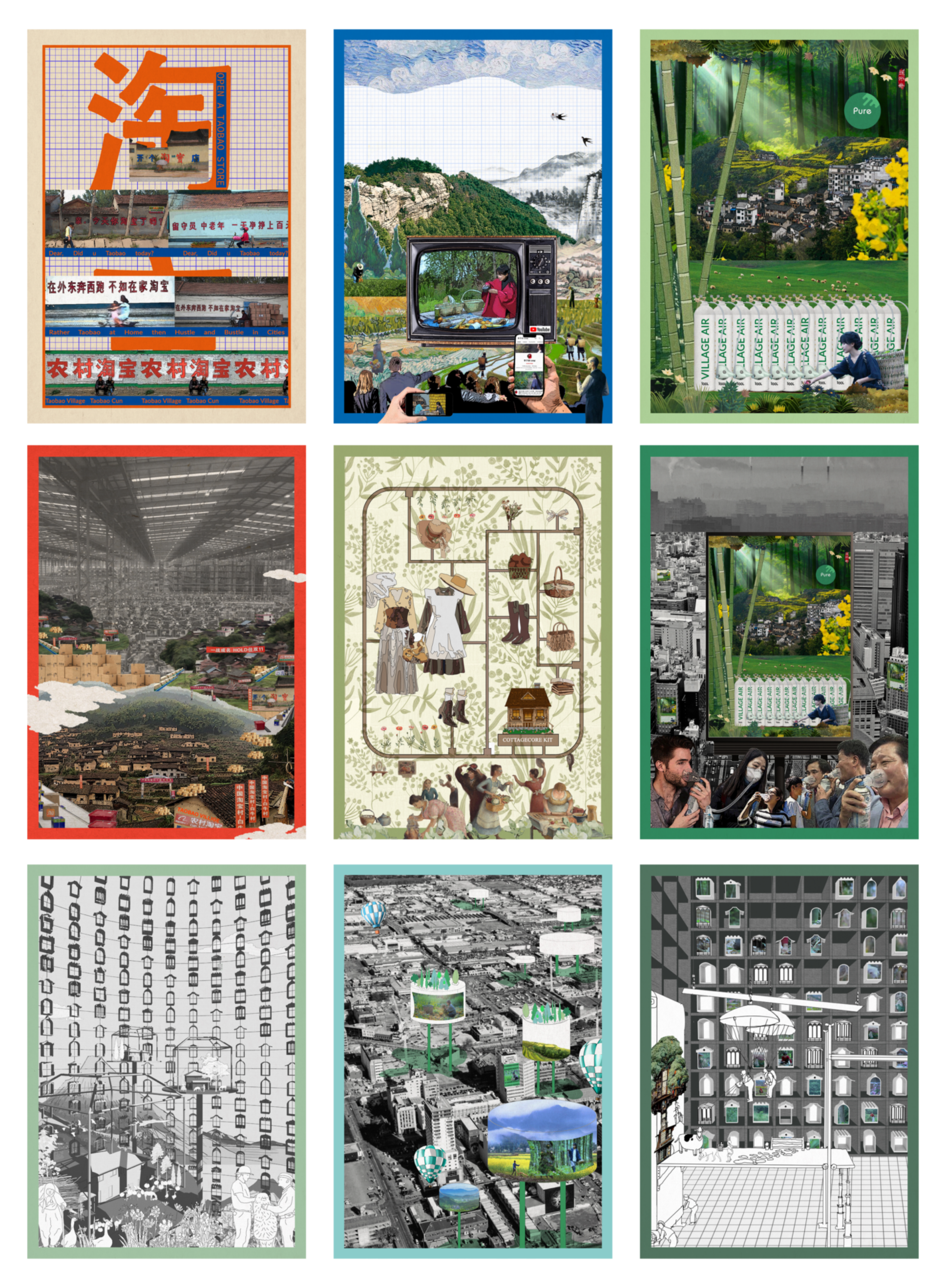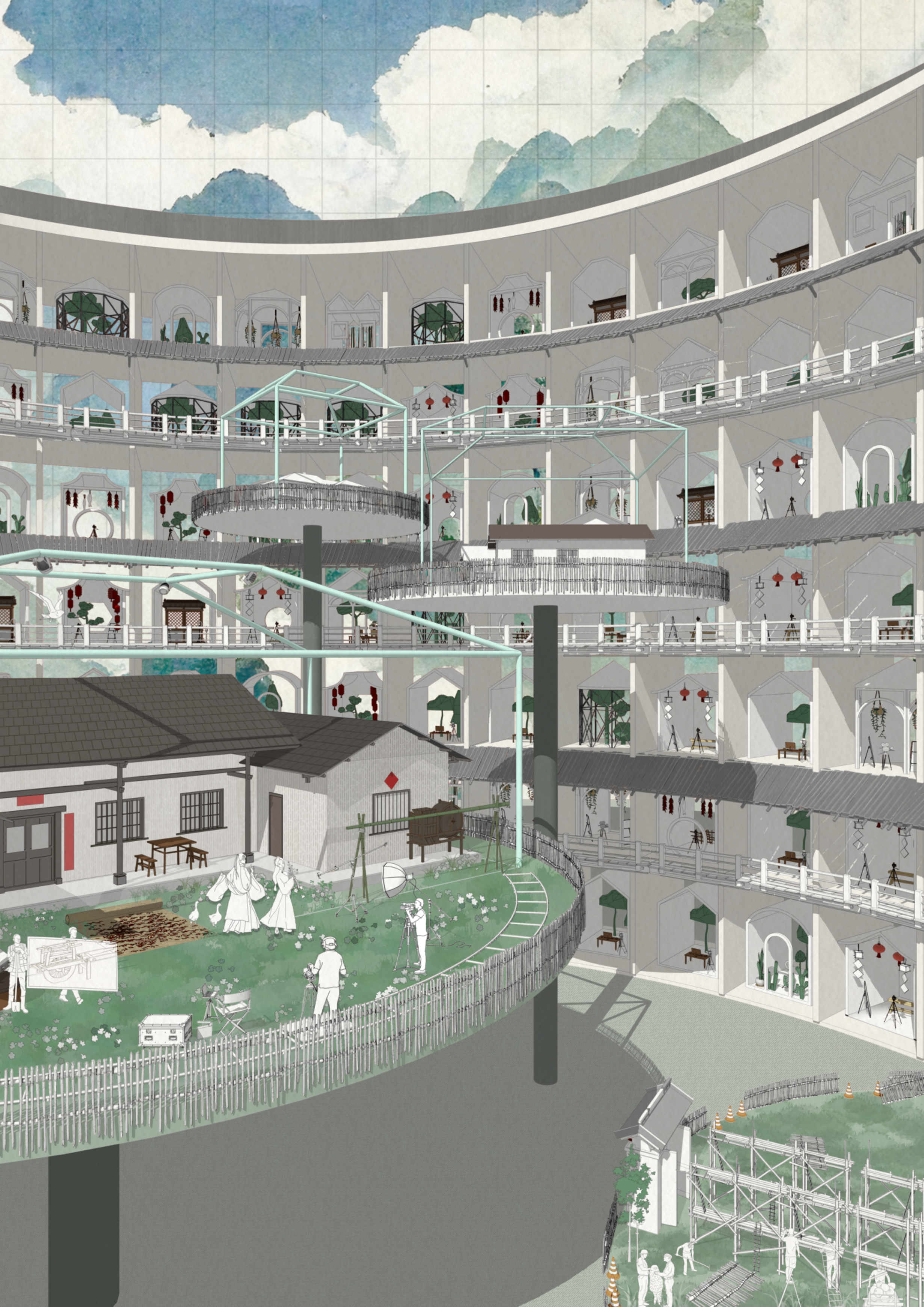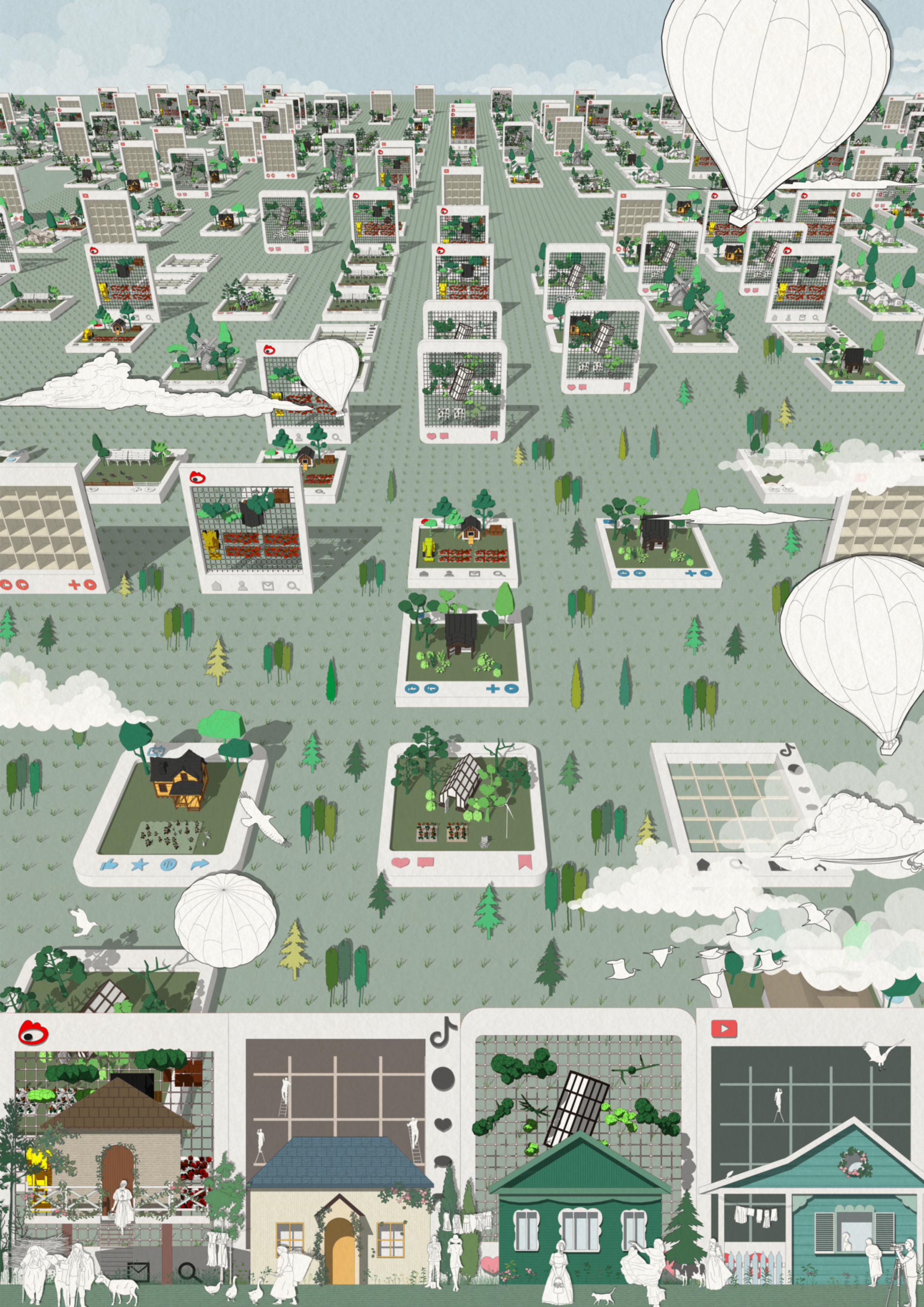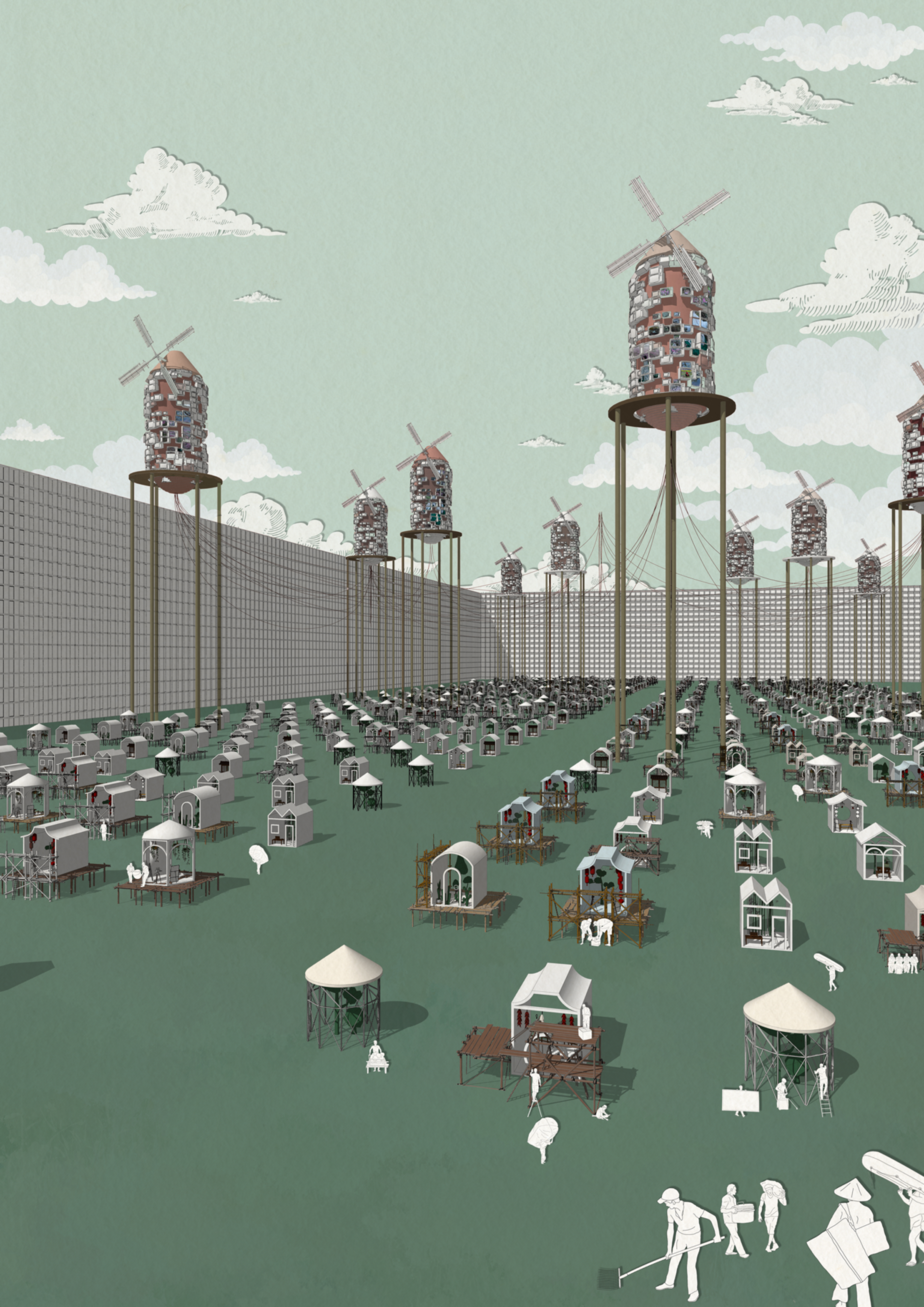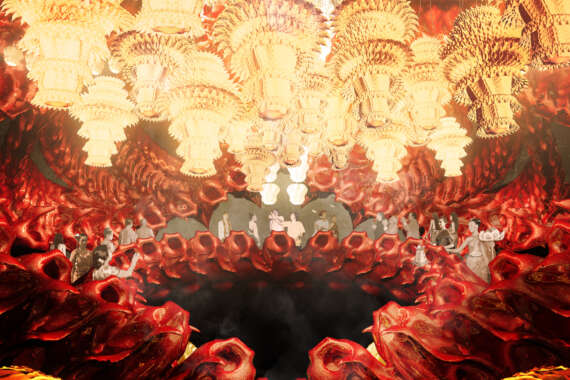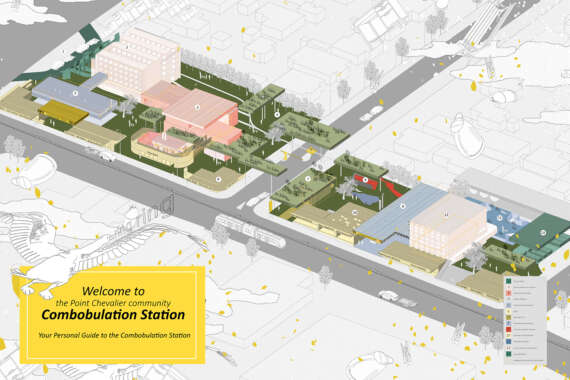(Rural) Wonderland: Instances of Domestic Counterurbanisation in the Age of the Planetary City
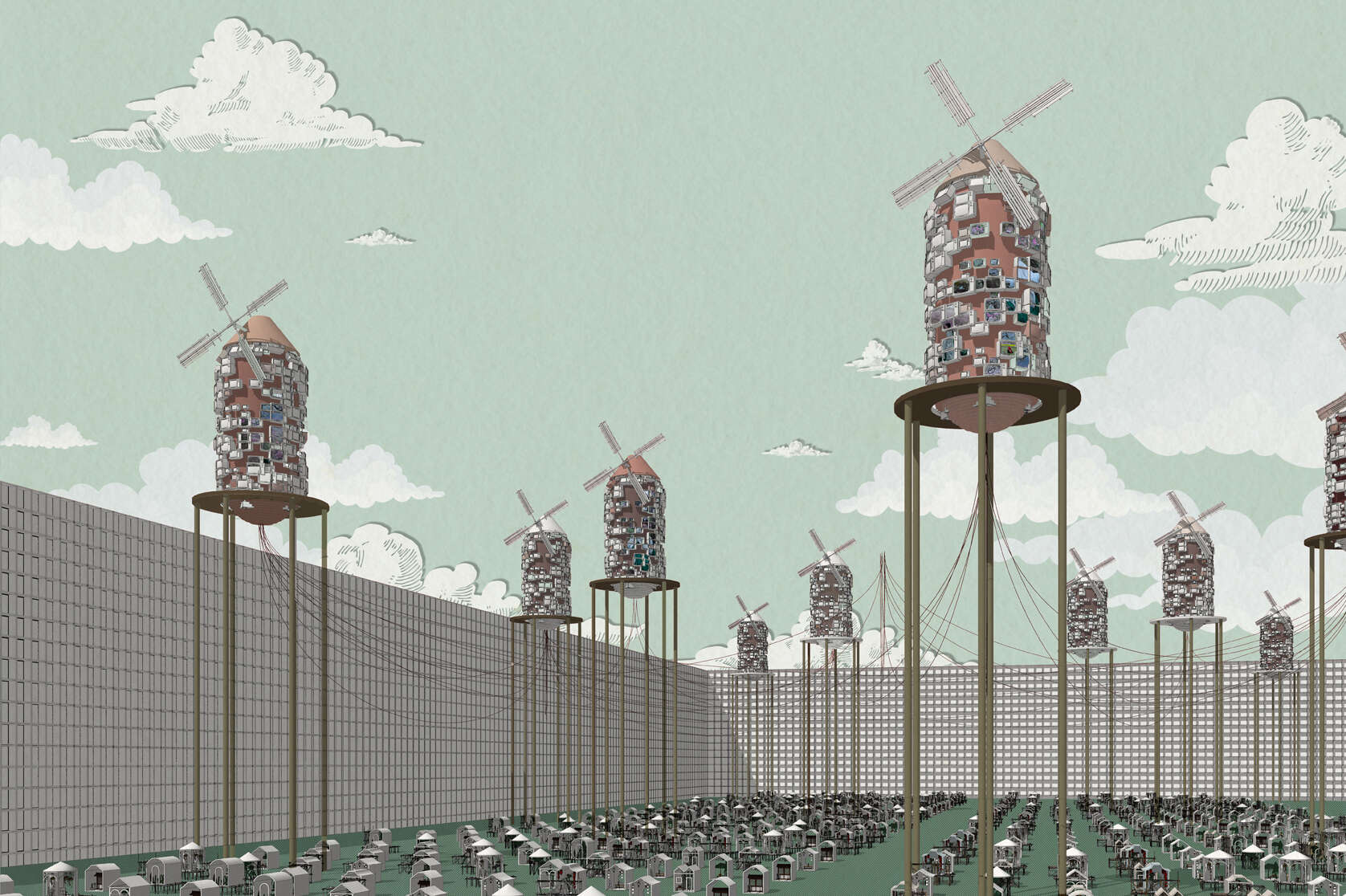
This thesis explores the ever-changing relationships between rural and urban identities and speculates on the future of the urban-rural dichotomy by affirmatively reading the ongoing process of commodification of the bucolic ideal.







